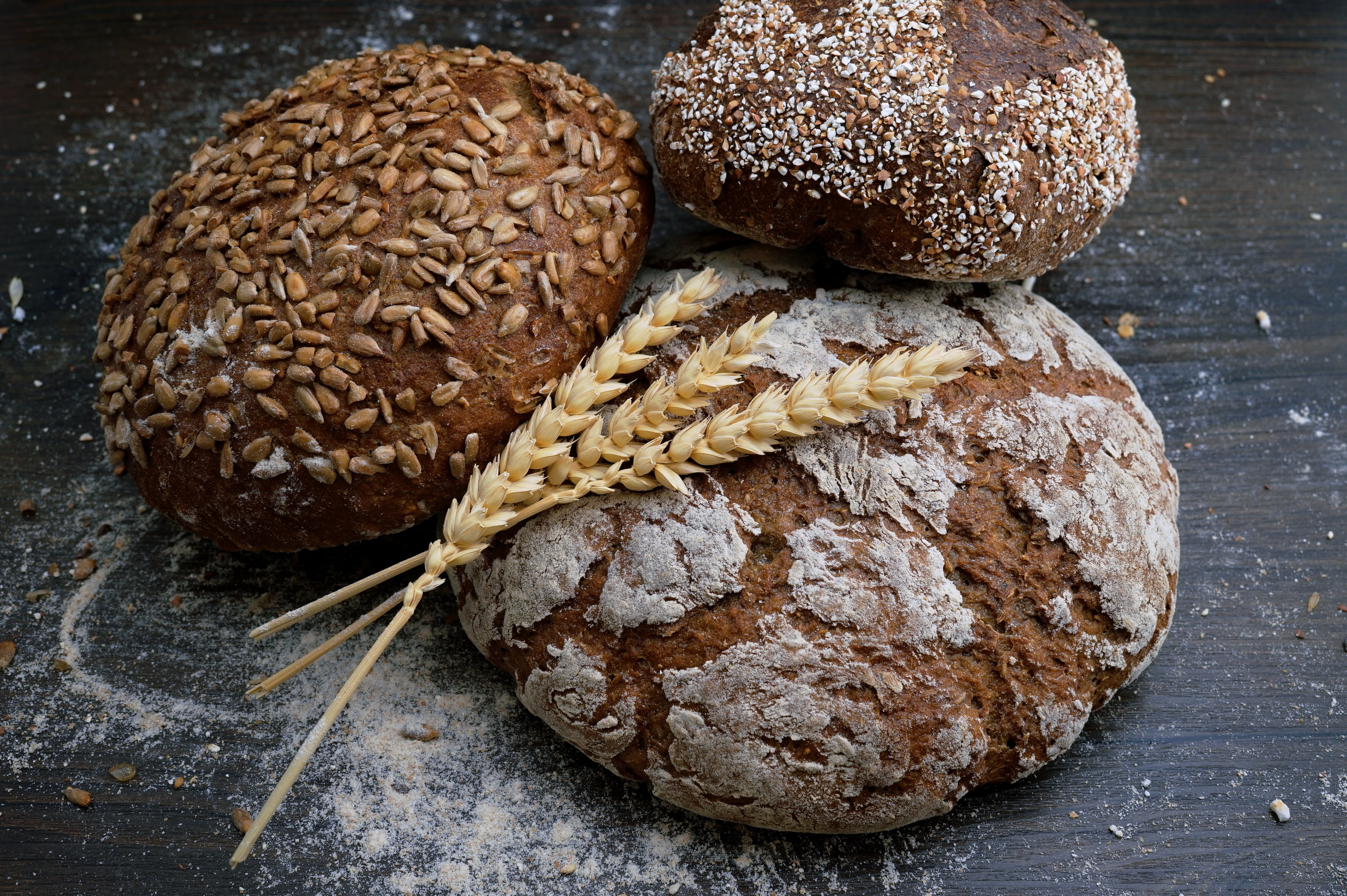Scared of Gluten? Charleston Fitness Coach, Andrew Demetre Explains Why You Shouldn't Be

Many people looking to lead a healthier lifestyle today are cutting gluten out of their diets. They do so because they believe that it will improve their digestive health and result in a leaner body, as Andrew Demetre, Charleston health coach, explains.
Wheat has gotten a bad rap, from famous athletes condemning it to best-selling books talking about how bad it is for you. That's resulted in almost 25% of all Americans adopting some combination of a gluten-and-bread-free or reduced diet.
While these people may feel better when they cut out or reduce their bread intake, it's not the gluten that's to blame. There's another culprit.
Gluten Isn't Harmful to Most
Gluten can be very damaging to some people. People with celiac disease are actually allergic to gluten and can have severe reactions if consumed. Others have what's called NCGS, or non-celiac gluten sensitivity.
For these people, it's a good idea to reduce or entirely cut out gluten from their diets. However, this is only a small percentage of the population. In fact, only 5% of people have celiac disease, and only another 5% to 10% have NCGS.
If this is the case, then why do people who don't suffer from celiac disease or NCGS but have gastrointestinal problems often find relief when they reduce or eliminate gluten from their diet? The reason is there's a hidden culprit in most common foods that contain gluten.
Blame FODMAPS
Fermentable Oligosaccharides, Disaccharides, Monosaccharides, and Polyols -- or FODMAPS for short -- are contained in many foods, including many bread products that contain gluten.
Dr. Peter Gibson, who serves as a gastroenterology professor, conducted an in-depth study that, at first, concluded that gluten was the cause of people's gastrointestinal issues. But, after second-guessing his results, he took his study one step further.
In the second go-around, he found that gluten itself wasn't to blame for people's gastrointestinal problems; it was more likely to be the FODMAPS that are found in many of the same foods that people cut out of their diet when they want to reduce their gluten intake.
To wit, when most people commit to reducing their gluten intake, what they cut out are bread products -- sliced bread, rolls, baguettes, pasta, and such. In doing so, they are unknowingly also reducing their intake of FODMAPS.
When they feel relief from this change in diet, Dr. Gibson concluded, people incorrectly attribute the response to gluten rather than FODMAPS -- giving gluten its bad reputation.
Find the Right Balance
As this study suggests, there's no reason to be scared of gluten. If you have gastrointestinal problems that are not related to celiac disease or NCGS, it's better to try to avoid FODMAPS.
According to Andrew Demetre, this can be challenging, though, because they're in so many foods, but it can be done.
Your diet should focus heavily on meats, eggs, cheeses, non-dairy milk, grains, seeds, and certain fruits and vegetables. By identifying the foods that have FODMAPS and reducing your intake of them, you could find digestive relief -- without blaming gluten for your problem.
About Andrew Demetre
Andrew Demetre, Charleston health coach, physical trainer, and bodybuilder, first found his calling during the pandemic when he realized that many of his clients preferred working out from home. These days, Demetre uses his expertise to train clients from home, whether in the greater Charleston area or worldwide. Andrew firmly believes every client can achieve their ideal body through hard work and dedication — no gym membership is needed.
(Disclaimer: Devdiscourse's journalists were not involved in the production of this article. The facts and opinions appearing in the article do not reflect the views of Devdiscourse and Devdiscourse does not claim any responsibility for the same.)










